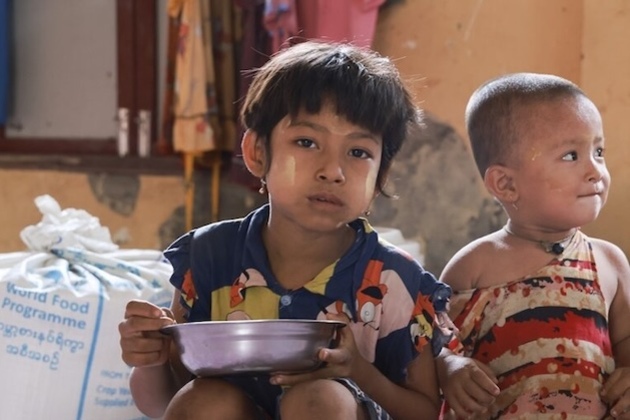Move FM Global News

Myanmar plagued by civil war, earthquake, loss of USAID
May 19, 2025For decades, the US Agency for International Development (USAID) has been vital in combating HIV across the Asia–Pacific region, where nearly 7 million people live with the virus amid persistent stigma. In countries such as India, Indonesia, Myanmar, Nepal, Papua New Guinea, the Philippines, and Vietnam, USAID’s support has expanded access to HIV testing, immediate antiretroviral treatment (ART), and pre-exposure prophylaxis.1
Beyond treatment, USAID has strengthened psychosocial services, legal aid, and capacity-building, ensuring care reaches marginalised communities. However, the abrupt termination of USAID funding has severely disrupted these services, scaling back or halting ART provision, testing, prevention of vertical transmission, and viral load monitoring.2
Mental health support, peer initiatives, and outreach have also suffered, especially in fragile health systems. Community partners report rising health-care discrimination, gender-based violence, economic hardship, and psychological distress. In response, local organisations have adopted emergency measures—shifting to remote work, cancelling leases, and launching small businesses—but these are unsustainable.
Myanmar faces an especially dire crisis. The ongoing civil war had already decimated health-care infrastructure when a magnitude 7·7 earthquake struck on March 28, 2025, destroying clinics, laboratories, and supply chains.3
With humanitarian aid—including USAID support—rapidly vanishing, health-care providers struggle to distribute the scarce medical supplies to those in need. Beyond health care, basic survival is at risk. The World Food Programme (WFP) reports that more than a third of Myanmar’s population of 54·1 million face hunger, including 3·5 million people displaced by war.3Due to funding shortages, the WFP will cut food aid for more than 1 million people starting in April, 2025.4
Meanwhile, infrastructure—including roads, bridges, electricity, and internet access—remains largely inaccessible. Public health conditions are worsened by the smell of decomposing bodies in the 38–40°C heat. International aid efforts have stalled, as Myanmar’s military junta restricts assistance to some countries and corruption obstructs relief.5
Without immediate global intervention, Myanmar’s health-care system faces collapse, with catastrophic consequences for maternal health, disease prevention, and survival, especially for people living with HIV and chronic illnesses. We call on international governments, global donors, and multilateral institutions to act now. Emergency reinvestment is crucial to uphold human rights, strengthen community-led responses, and restore health-care services. Integrating HIV care into broader disaster preparedness and health system strengthening is essential in this time of compounding crises. Southeast Asia stands at a crossroads; without decisive intervention, decades of progress risk being undone. The time to reinvest strategically, urgently, and equitably, is now.
Competing Interests
We appreciate our community liaisons in southeast Asia and health-care providers in Myanmar who relayed to us the current conditions in Myanmar. CS reports grants from the Ministry of Education in Taiwan (grant number 112L900305) and the National Science and Technology Council in Taiwan (grant number 113-2410-H-002-084-MY2). All other authors declare no competing interests.
Editorial note: The Lancet Group takes a neutral position with respect to territorial claims in institutional affiliations.
Photo credit: Su Myan Yadanar | WFP Source: The Lancet
References
Front Reprod Health. 2025; 6, 1439461
BBC, March 24, 2025
World Food Programme, 2025
Associated Press, March 14, 2025
BBC, April 2, 2025


